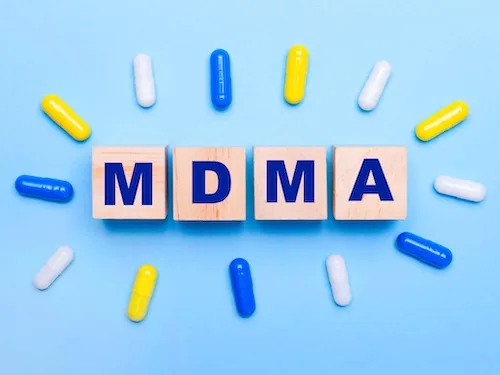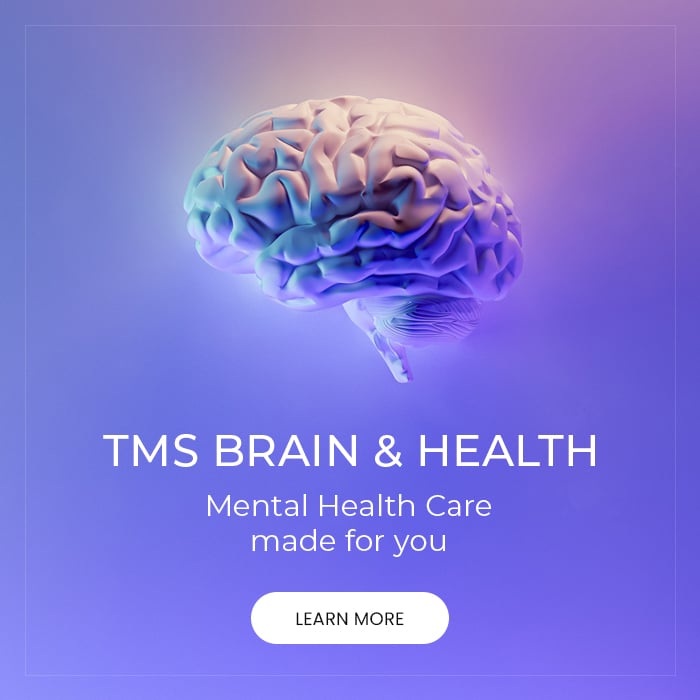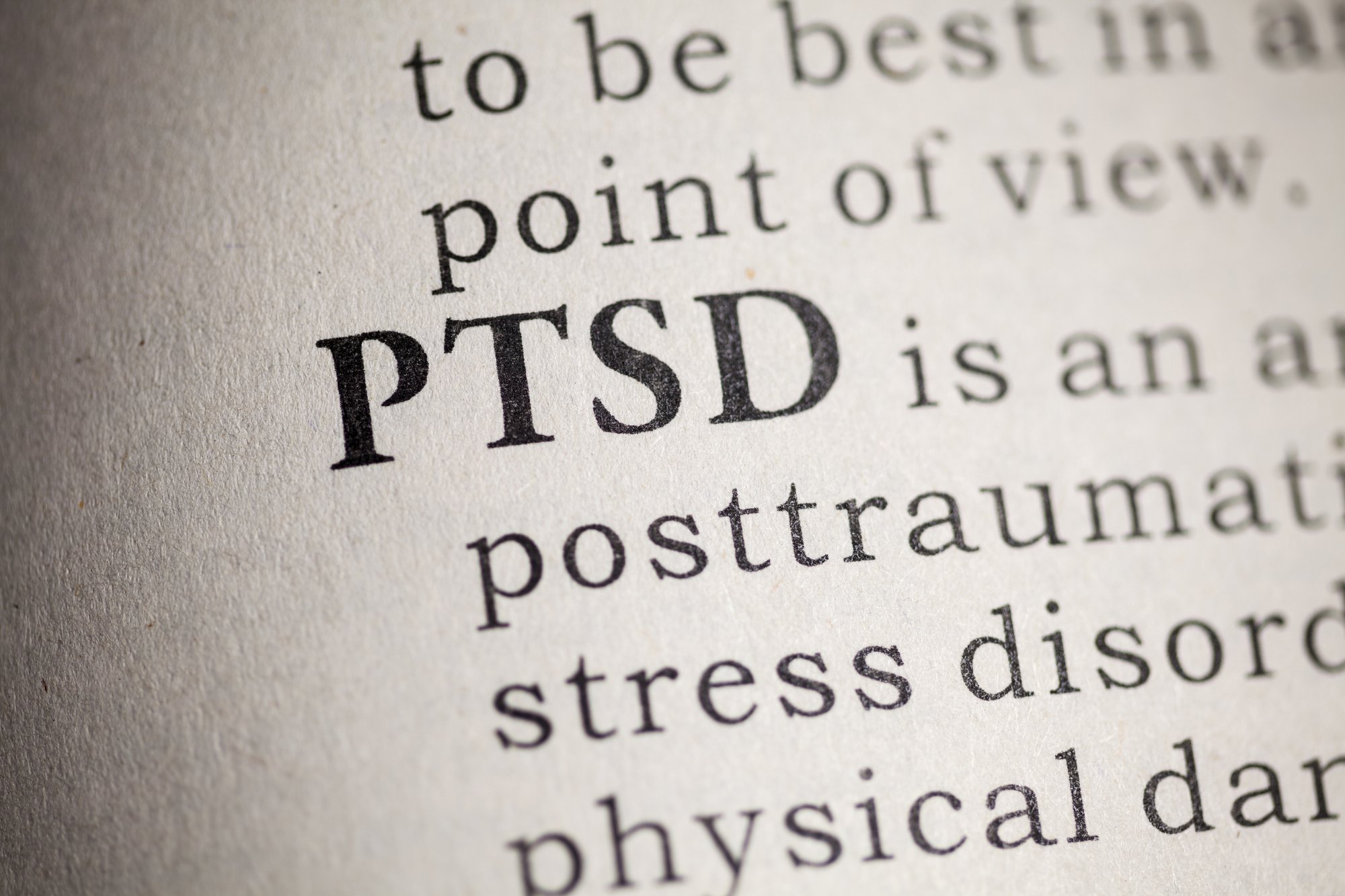Have you recently received a diagnosis for fibromyalgia? If so, you may have a lot of questions about the condition. According to the Centers for Disease Control and Prevention, fibromyalgia is currently affecting approximately 4 million adults across the United States. It’s defined as a condition that causes widespread pain throughout the entire body. Fibromyalgia may also cause anxiety, depression, emotional distress, fatigue, and sleep disturbances.
What Causes Fibromyalgia?
According to the researchers, “Doctors don’t know what causes fibromyalgia, but it most likely involves a variety of factors working together.”
Some of the factors are:
- Genetics: Do you have one or more family members currently who have fibromyalgia? An article on Genetic Home Reference states, “the risk of developing this condition is about eight times higher for first-degree relatives of affected individuals (such as siblings or children) as compared to the general public.”
- Infections: infections have been the discussion during many studies since 1994 as the cause of fibromyalgia, largely due to the disease’s links to chronic fatigue syndrome.
- Trauma (Physical or Emotional): The European Medical Journal published a paper in December of 2018 outlining the neurological responses that occur in fibromyalgia patients and its prevalence among those who have experienced physical and emotional trauma.
How Does Fibromyalgia Hold You Back Every Day?
When you have fibromyalgia, the associated pain and sleep disturbances can be debilitating. These symptoms may interfere with your normal daily functioning at work or during activities at home. Consequently, frustrations can build from this often misunderstood condition which can contribute to health-related anxiety and depression.
Common symptoms of fibromyalgia include:
- Difficulties with concentration or memory (referred to as “fibro-fog”)
- Fatigue
- Headaches
- Irritable bowel syndrome (IBS)
- Irregular sleep patterns
- Jaw pain and stiffness
- Pain and tenderness in the facial muscles
- Painful menstrual periods
- Sensitivity to cold or heat
- Tingling and numbness in hands and feet
- Widespread pain
Managing Fibromyalgia with Lifestyle and Home Remedies
It’s critical for those who have fibromyalgia to treat it with lifestyle changes that focus on self-care. Home remedies such as stress reduction and ensuring that you get enough sleep are a priority. If you can create a lifestyle plan which helps you avoid emotional stress and keeps you from overexerting yourself, you should see a positive effect on your fibromyalgia symptoms. Fibromyalgia fatigue is a challenge, so it’s vital that keep relaxation and adequate sleep at the forefront of your mind.
Maintaining a healthy lifestyle is more than eating healthy food and drinking enough water. It’s also about limiting caffeine intake and exercising regularly. Those with fibromyalgia benefit from taking these steps during their treatment program. You may notice that exercise is painful at first, but the key is to pace yourself and keep all activities at an even level of intensity. Doing too much on your good days could result in having more bad days.
Treatments for Fibromyalgia
Because fibromyalgia is difficult to manage, medical help is integral to finding relief. Additionally, because symptoms vary from person to person, treatment plans for fibromyalgia may vary between individuals.
Some common treatments include:
- Acupuncture
- Behavior modification therapy
- Chiropractic care
- Low-dose antidepressants
- Massage
- Physical therapy
- Psychotherapy
- Undergoing an active exercise program
Patients should work directly with their doctors to find a treatment that works best. While over-the-counter pain medications may provide some relief, doctors will also use anti-seizure drugs, like Gabapentin and Lyrica, to help reduce fibromyalgia symptoms. Lyrica, for example, was the first drug approved by the Food and Drug Administration for treating fibromyalgia.
New Research About Fibromyalgia
During a recent study, positron emission tomography (PET) scans were conducted on 31 patients with fibromyalgia. According to Anthony L. Komaroff, MD, ” In fibromyalgia patients, the scans revealed widespread activation of glial cells (antigen-presenting cells) in the cortex, particularly in the frontal and parietal lobes. This glial activation was not seen in controls.” These results indicate that the degree of glial activation has a direct correlation with the patient’s reported fatigue.
New research published in May 2019 in PLOS ONE journal highlights how a group of scientists discovered one key to fibromyalgia’s origin is insulin resistance. The study compared one group of individuals with fibromyalgia to two others who are healthy. Those who were participating in the study with fibromyalgia had higher blood sugar following long-term blood draws.
“We combined metformin with standard drugs used for fibromyalgia and saw a much greater degree of pain relief,” said study author Dr. Miguel Pappolla. He is one of the professors of neurology at the University of Texas Medical Branch at Galveston.
Doctors often have a difficult time diagnosing fibromyalgia because it mimics other disorders. The symptoms will vary from one patient to another, so receiving an accurate diagnosis is challenging initially. However, new research is available to help doctors solve this problem. Research scientists are using blood samples for detecting fibromyalgia. “We found clear, reproducible metabolic patterns in the blood of dozens of patients with fibromyalgia. This brings us much closer to a blood test than we have ever been,” says Professor Kevin Hackshaw. The goal is to have these blood tests ready for diagnostic use within the next five years.
Finding The Relief That Works: Ketamine
One new and exciting development in the world of medicine concerning the treatment of fibromyalgia’s chronic pain and the associated depression is the use of ketamine. In a CBS News segment from 2016, a patient who was once the president of a large international corporation was essentially bedridden due to the debilitating effects of fibromyalgia. After many trials of other treatments that were unsuccessful, she was given intravenous ketamine treatments and she told CBS that “…This treatment has virtually eliminated my fibromyalgia pain and need for pain medication. It has given me back a quality of life and increased energy to do things I hadn’t done in years.”
The target of ketamine’s response is blocking the N-methyl-D-aspartate receptor. According to Jay Joshi, MD, “As a selective NMDA receptor antagonist, ketamine seems to be binding to a subreceptor that’s responsible for the symptoms that patients with these syndromes experience. Other NMDA receptor antagonists don’t give the same results. By turning off the signal, we’re giving the nervous system a chance to reset.” The signal he’s referring to is the hyperalgesia hyperexcitatory pathway that’s typically stuck in its “on” position. Ketamine helps reset it, “By blocking glutamate reuptake and increasing it in the synapse,” Joshi indicates in an interview.
Ketamine works well for fibromyalgia as a way to “get ahead” of the pain caused by fibromyalgia and may entail several treatments initially, and later moving into a “maintenance mode” which allows for longer-term pain relief.
Working with your physician to find relief for fibromyalgia is critical when pain and fatigue are plaguing you day after day. Not only are these symptoms frustrating, but they can also lead to the development of anxiety, depression, and a host of other issues that have also been effectively treated with ketamine.
Speak to a professional at Bespoke Treatment today about how using ketamine can help you find relief for your fibromyalgia pain.



















